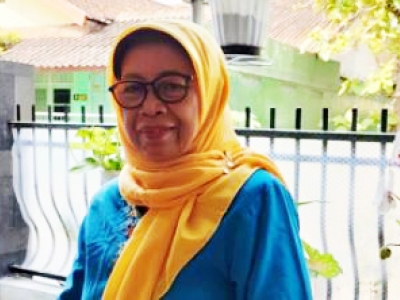Gastronomy and Local Food Promotion in Indonesian Culinary Tourism

Gastronomy has attracted a lot of attention from tourism practitioners to develop food-based cultural tourism. Gastronomy has also contributed to the development of the creative industry and the tourism industry. RA. Kartini became one of the first Indonesian gastronomic document owners, which contains more than 200 recipes for typical family dishes. The second documentation belongs to a Dutch lady who loves to cook, who published a book containing 1,381 recipes collected during her stay in Indonesia. In 1967, President Soekarno published the book "Mustika Rasa". The book had 1685 dishes regarding Indonesian food ingredients, handling, and processing methods (recipe) into various dishes consisting of staple foods (45 recipes), side dishes (899 recipes), sambal - sauces (63 recipes), snacks (647 recipes), and drinks (31 recipes).
"Development of culinary business activities is part of gastronomic activities that promote unique local products and experiences. Increased product sales will be able to improve the local community's economy," said Prof. Marwanti, on April 25, 2022.
Gastronomy reflects the culture, heritage, and traditions of the people. The encouragement of people's curiosity about socio-cultural food in a particular area makes gastronomic activities a way to promote understanding between different cultures and bring people closer to diverse food traditions.
"In the context of Indonesian gastronomy, Indonesian food is worthy of being a local genius, the heritage, and dignity of the ancestors of the Indonesian nation. Therefore, we need to preserve and develop the Indonesian cuisine as part of national character to build the sustainability of human life,” she said.
In addition to cultural heritage, gastronomy also helps create job opportunities, especially in areas around tourist destinations. "The gastronomic tourism industry does not only consist of food guides and restaurants but includes all kinds of culinary and cultural experiences," explained Marwanti. Several sub-sectors related to gastronomic tourism are cooking schools, shops selling cookbooks, gastronomic tour operators and tour guides, gastronomic-related media, television programs and magazines, and gastronomic activities or attractions.(Dedy, Tj.Lak)

